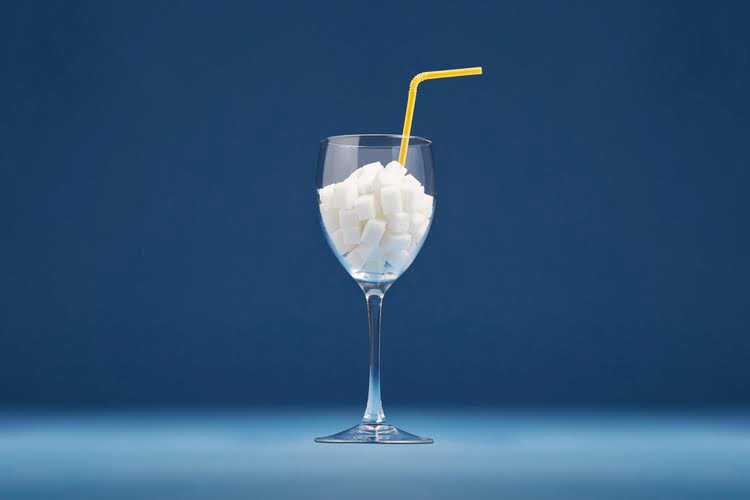Withdrawal symptoms appear hours after the most recent drink, peak around 72 hours, and begin to resolve around day 4 or 5. Sunnyside Med offers access to compounded naltrexone (50mg + B6 5mg), paired with behavioral tools to help you reduce your drinking over time. The body is immediately affected when someone begins drinking heavily because it prompts changes in neurochemistry that impact cognition. If you fall into the category of heavy drinker (as so many of us do), then your first week may go a bit differently. Even with a healthy diet of whole grains, fresh fruits, and vegetables, you might still crave candy and other sugary treats. These cravings are temporary and should dissipate within a few weeks.
You’ll Sleep Better
Whilst physical withdrawal symptoms are likely to be at their worst during the first couple of days and are usually very much improved in a couple of weeks, emotional issues may remain for longer. The longer you abstain from alcohol, the more your body and brain will heal and the better you will start to feel. After a couple of months of not drinking, you will notice that you are losing weight. One of the challenges that people face in the first few weeks when quitting alcohol is the adjustment to their lifestyle.

Week Two Benefits
If you have lingering headaches, you can get rid of them by applying a little lavender. A 2009 study published in the Journal of Sexual Medicine found that erectile dysfunction decreased by about 25 to 30%. Carnegie Mellon University researched cold susceptibility in smokers and non-smokers. They discovered that a glass of wine prevented colds in the latter amphetamine addiction treatment group. Lauren is an award-winning registered dietitian, author of three books and all-around lover of good food.

The Second Week Without Alcohol

If the individual has not experienced irreversible liver damage, inflammation may decrease, and the liver can start to regenerate. Alcohol misuse can significantly impact every major organ in the body. Long-term drinking affects liver function, brain activity, cardiovascular health, digestion, immune response, and even skin appearance. Alcohol abuse also increases the risk of mental health https://matsunagaautocar.jp/signs-of-opioid-addiction-and-abuse/ disorders, chronic illnesses, and accidents. The answer varies from person to person and depends on several factors, including the severity of alcohol use, the presence of any co-occurring substance use disorders, and overall health.
- During the first hours, you may experience acute withdrawal symptoms like headaches and sweating.
- According to a 2022 review, giving up alcohol can help reduce anxiety and depression, enhance mood, and improve cognitive function.
Treatments for Alcohol Use Disorder
- However, when you stop drinking, your risk of developing these diseases decreases.
- You will experience reduced anxiety and stress, improved digestion, less bloating, potential weight loss, and an improved ability to handle life’s issues.
- If you’re concerned about your alcohol use or worried about the withdrawal process, seeking professional help and guidance is the best course of action.
- For instance, Dasgupta cited research he conducted on the relationship between genetics and alcohol misuse.
I would alternate between my bed and my couch, trying to distract myself from the shakes, nausea, and cold sweats. I read some articles that said the withdrawal timeline only lasted for what happens after you stop drinking alcohol three days, and others that told me that my symptoms would last for months. Many private health insurance plans cover all or some of the cost of inpatient treatment for addiction and rehab. The Affordable Care Act requires private and public insurance plans to cover 10 essential health benefits, one of which is substance use disorders. However, the exact coverage will depend on your specific insurance plan.